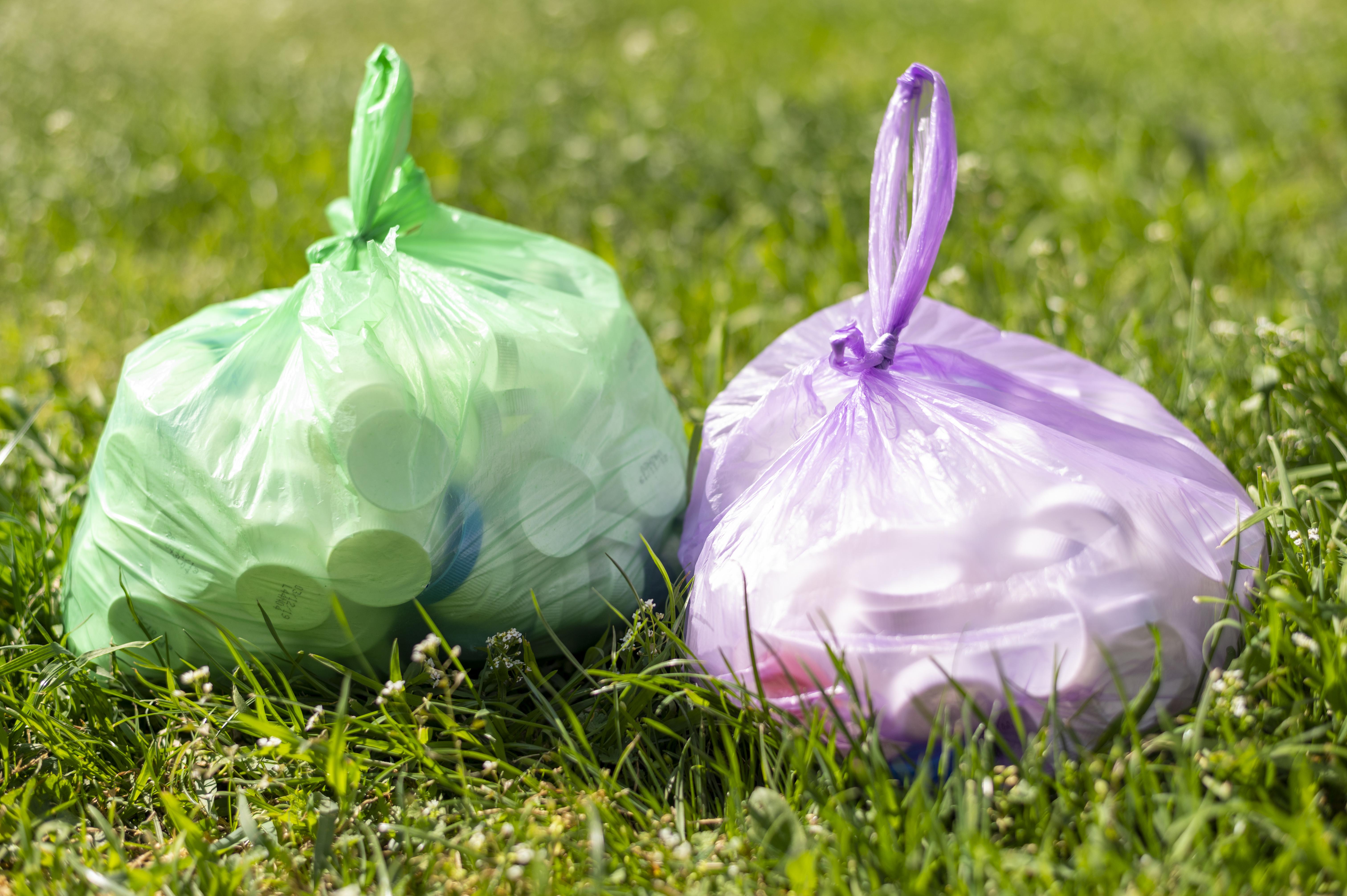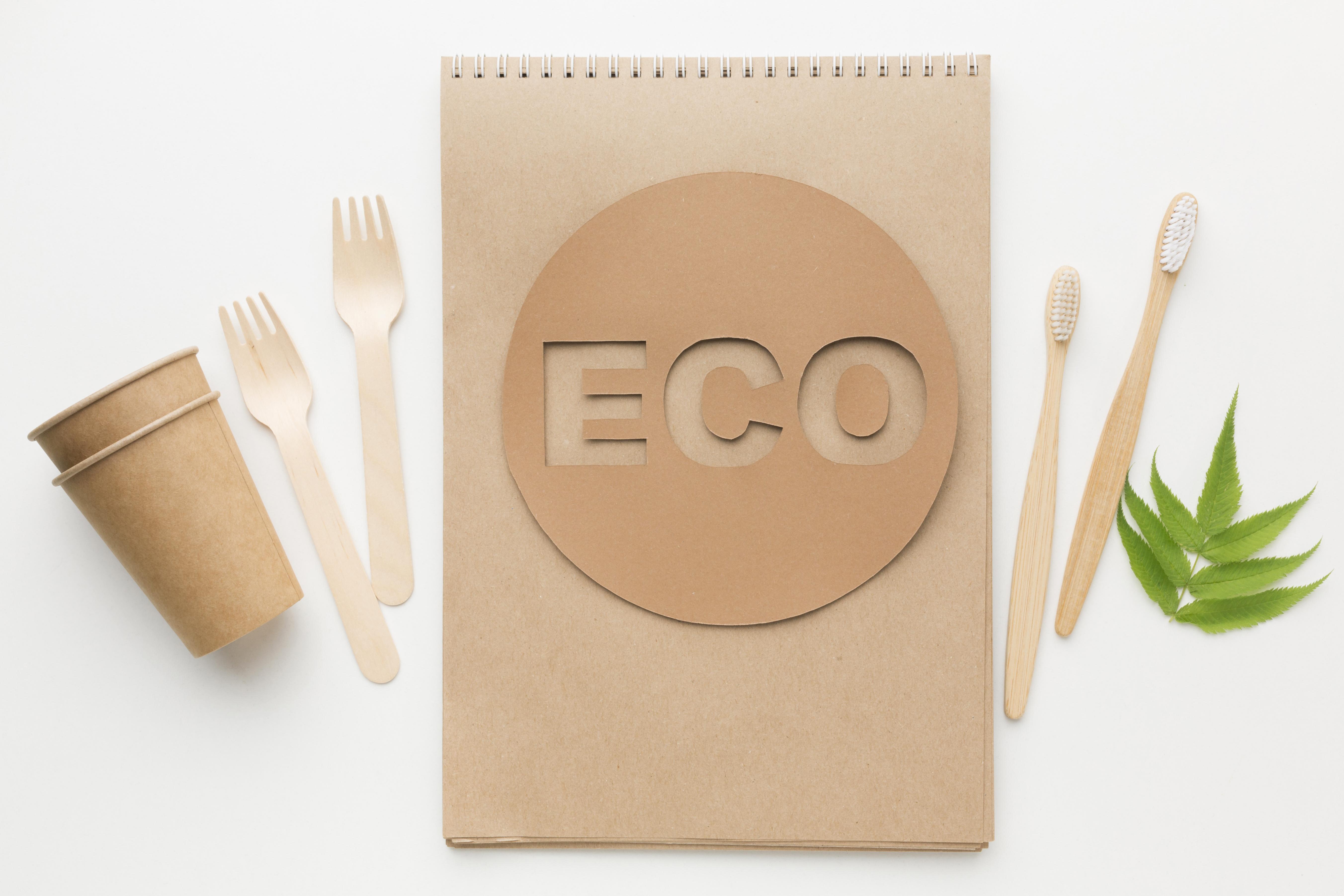The Role of Compostable Garbage Bags in Waste Segregation and Organic Recycling

As global awareness about sustainability continues to rise, more individuals, households, and businesses are taking steps toward responsible waste management. A key element in this shift is the growing adoption of compostable garbage bags, especially when it comes to waste segregation and organic recycling. These bags are not just a trend—they are a practical solution to reducing plastic waste and improving how we handle organic materials.
In this blog, we’ll explore the essential role compostable garbage bags play in making waste segregation easier and more efficient, and how they contribute meaningfully to organic recycling.
What Are Compostable Garbage Bags?
Compostable garbage bags are eco-friendly alternatives to traditional plastic bags. Made from plant-based materials like cornstarch, cassava, or PLA (polylactic acid), these bags are designed to break down completely under composting conditions. Unlike regular plastic, which can take hundreds of years to degrade, compostable bags decompose into natural elements such as carbon dioxide, water, and organic matter—without leaving harmful residues.
Certified compostable bags meet strict environmental standards and can safely be used to collect food scraps, garden waste, and other organic materials for composting.
The Importance of Waste Segregation
Waste segregation is the process of separating waste into different categories—typically organic (wet) and inorganic (dry)—so that each type can be processed or recycled properly. When segregation is done correctly, it:
- Improves recycling rates
- Reduces contamination of recyclable materials
- Minimizes landfill waste
- Supports composting and nutrient recycling
- Lowers greenhouse gas emissions
However, for waste segregation to be successful, the tools used for collection must also support the process. This is where compostable garbage bags make a significant difference.
How Compostable Garbage Bags Support Waste Segregation
1. Clearly Designated for Organic Waste
Compostable garbage bags are typically used for collecting organic or wet waste—such as fruit peels, vegetable scraps, leftover food, and garden trimmings. By using a compostable bag specifically for organic waste, households and institutions can easily distinguish between wet and dry waste. This clarity promotes better waste segregation at the source.
2. Reduces Contamination of Compost
When organic waste is collected in regular plastic bags, those plastics often end up in composting facilities—where they become a major contaminant. Compostable garbage bags, on the other hand, break down along with the waste they carry. This ensures that compost remains clean, toxin-free, and usable for agriculture or gardening.
3. Encourages Responsible Disposal Habits
By introducing compostable garbage bags, communities can build awareness about proper waste disposal and promote eco-conscious behavior. When residents see that they are contributing to a composting process, they are more likely to adopt sustainable habits, like separating waste at the source and reducing overall waste generation.
The Link Between Compostable Garbage Bags and Organic Recycling
Organic recycling refers to converting organic waste into compost, a rich natural fertilizer that returns nutrients to the soil. This process supports soil health, reduces dependency on chemical fertilizers, and closes the loop in the food-waste cycle.
Compostable Garbage Bags Help Organic Recycling By:
- Maintaining cleanliness: They contain wet waste without leaks or mess, making the collection process more sanitary and efficient.
- Improving compost quality: Since these bags are designed to decompose fully, they don’t compromise the integrity of the compost.
- Making handling easier: Waste collectors, municipalities, and composting facilities find it easier to manage pre-sorted, bagged organic waste that doesn’t require manual sorting or de-bagging.
With more urban composting programs and decentralized waste management systems emerging in cities, compostable garbage bags are becoming essential tools for success.
Benefits of Using Compostable Garbage Bags
1. Environmental Protection
- Reduces plastic pollution
- Minimizes harmful emissions during waste breakdown
- Supports a circular waste system
2. Convenience and Hygiene
- Leak-proof and durable for everyday use
- Prevents foul odors and bacterial growth
3. Compliance with Regulations
- Helps households and businesses comply with plastic ban rules in many Indian states
- Encourages eco-certification and green business practices
4. Boosts Composting Programs
- Makes community and municipal composting initiatives more feasible
- Reduces costs associated with separating plastics from compost
Tips for Using Compostable Garbage Bags Effectively
- Always check certification labels such as IS/ISO 17088 or EN 13432 to ensure the bags are truly compostable.
- Use only for organic waste like kitchen scraps, garden trimmings, and biodegradable food containers.
- Do not mix with recyclables or plastic—this defeats the purpose of segregation.
- Store in a cool, dry place, as compostable materials can degrade in heat and humidity.
- Dispose of the bags in composting bins or designated organic waste collection programs.
Challenges and What to Watch Out For
While compostable garbage bags are beneficial, they are not without challenges:
- Higher cost compared to conventional plastic bags
- Confusion with biodegradable or oxo-degradable bags, which are not fully compostable
- Limited composting infrastructure in certain cities or regions
To overcome these, education, stricter labeling, and better municipal composting systems are needed.
Conclusion
Compostable garbage bags are more than just eco-friendly products—they are essential tools for modern waste management. By enabling clean and effective waste segregation, they make it easier for households, businesses, and cities to participate in organic recycling and reduce their environmental footprint.
In a world striving for sustainability, every choice counts. Choosing compostable bags means choosing a future where waste becomes a resource, not a burden. Whether you're managing a home kitchen, a restaurant, or a residential community, switching to compostable garbage bags is a simple but powerful step toward a greener, cleaner planet.
Note: IndiBlogHub features both user-submitted and editorial content. We do not verify third-party contributions. Read our Disclaimer and Privacy Policyfor details.







